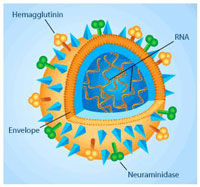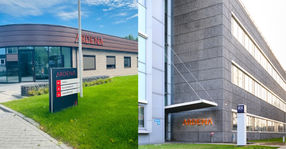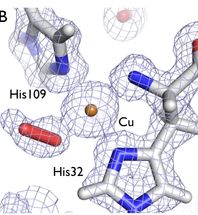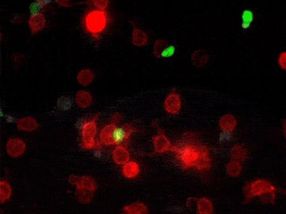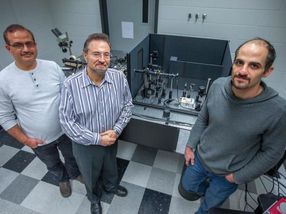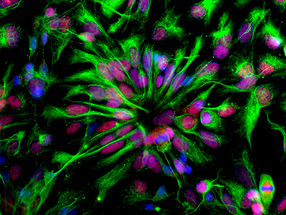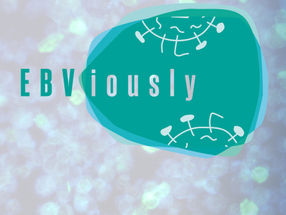QIAGEN Enables Efforts to Eradicate Costly Cattle Disease
Collaboration with Swiss laboratory Microsynth AG pioneers nucleic acid-based primary screening for Bovine Viral Diarrhea
QIAGEN N.V. announced that it has been awarded a contract by the Swiss life science company Microsynth AG to supply the molecular cador BVDV assays for detection of viruses causing Bovine Viral diarrhea (BVD), one of the most widespread and costly infectious cattle diseases. The multi-year agreement is part of the Swiss national BVD eradication program in which over one million cows are to be screened to identify and contain infectious animals. QIAGEN and Mircosynth are pioneering the use of nucleic acid based tests for primary screening in a BVD eradication program. Currently, over 50 per cent of the Swiss cattle population are believed to be exposed to the BVD virus (BVDV), causing significant economic cost to the livestock industry as the infection can lead to a dramatic loss in weight.
Microsynth AG is one of a few laboratories accredited by the Swiss government to perform tests for BVDV. The laboratory has signed exclusive contracts with several Swiss cantons accounting for about one-third of the Swiss cattle population to perform both initial tests based upon tissue samples and follow-up tests to verify positive results using blood samples. The main phase of the program will last three months and is scheduled to start in October 2008. Unlike in other countries, the Swiss program is designed to test every single animal, thus putting highest demands on test methodology and logistics.
Microsynth is pioneering the implementation of molecular testing for primary screening of BVDV, which provides several unique benefits compared to traditional testing methods aiming at viral antibodies or antigens. QIAGEN's cador BVDV assay is based on the polymerase chain reaction (PCR) technology and can detect even tiny traces of viral RNA from a wide range of biological samples. Unlike traditional methods, PCR enables the direct detection of the pathogen itself independent of the immune status of an animal, which is also important for the screening of newborn calves. The assay enables the testing of pooled samples and is suited for high-throughput settings. It has already proven successful by Microsynth in screening 50,000 samples from young animals before their first summer pasture. During the main phase of the eradication program, Microsynth expects to process as many as 350,000 biological samples in just three months. The agreement also covers continuing screening of newborn calves through October 2009.
Most read news
Topics
Organizations
Other news from the department business & finance

Get the analytics and lab tech industry in your inbox
By submitting this form you agree that LUMITOS AG will send you the newsletter(s) selected above by email. Your data will not be passed on to third parties. Your data will be stored and processed in accordance with our data protection regulations. LUMITOS may contact you by email for the purpose of advertising or market and opinion surveys. You can revoke your consent at any time without giving reasons to LUMITOS AG, Ernst-Augustin-Str. 2, 12489 Berlin, Germany or by e-mail at revoke@lumitos.com with effect for the future. In addition, each email contains a link to unsubscribe from the corresponding newsletter.
More news from our other portals
See the theme worlds for related content
Topic world Antibodies
Antibodies are specialized molecules of our immune system that can specifically recognize and neutralize pathogens or foreign substances. Antibody research in biotech and pharma has recognized this natural defense potential and is working intensively to make it therapeutically useful. From monoclonal antibodies used against cancer or autoimmune diseases to antibody-drug conjugates that specifically transport drugs to disease cells - the possibilities are enormous

Topic world Antibodies
Antibodies are specialized molecules of our immune system that can specifically recognize and neutralize pathogens or foreign substances. Antibody research in biotech and pharma has recognized this natural defense potential and is working intensively to make it therapeutically useful. From monoclonal antibodies used against cancer or autoimmune diseases to antibody-drug conjugates that specifically transport drugs to disease cells - the possibilities are enormous
